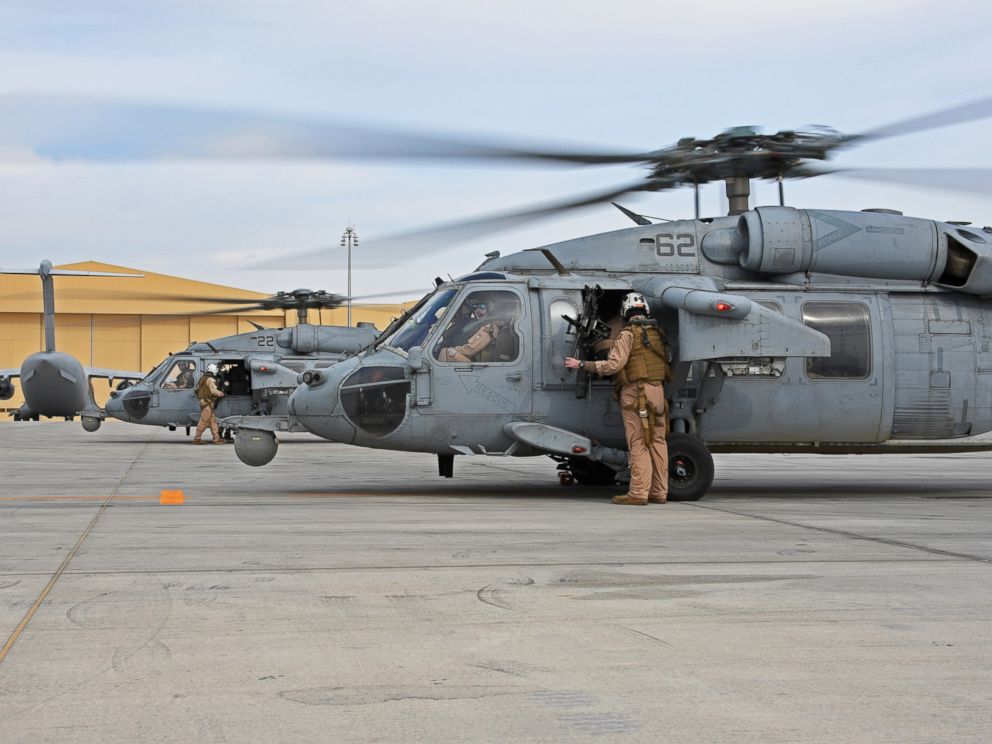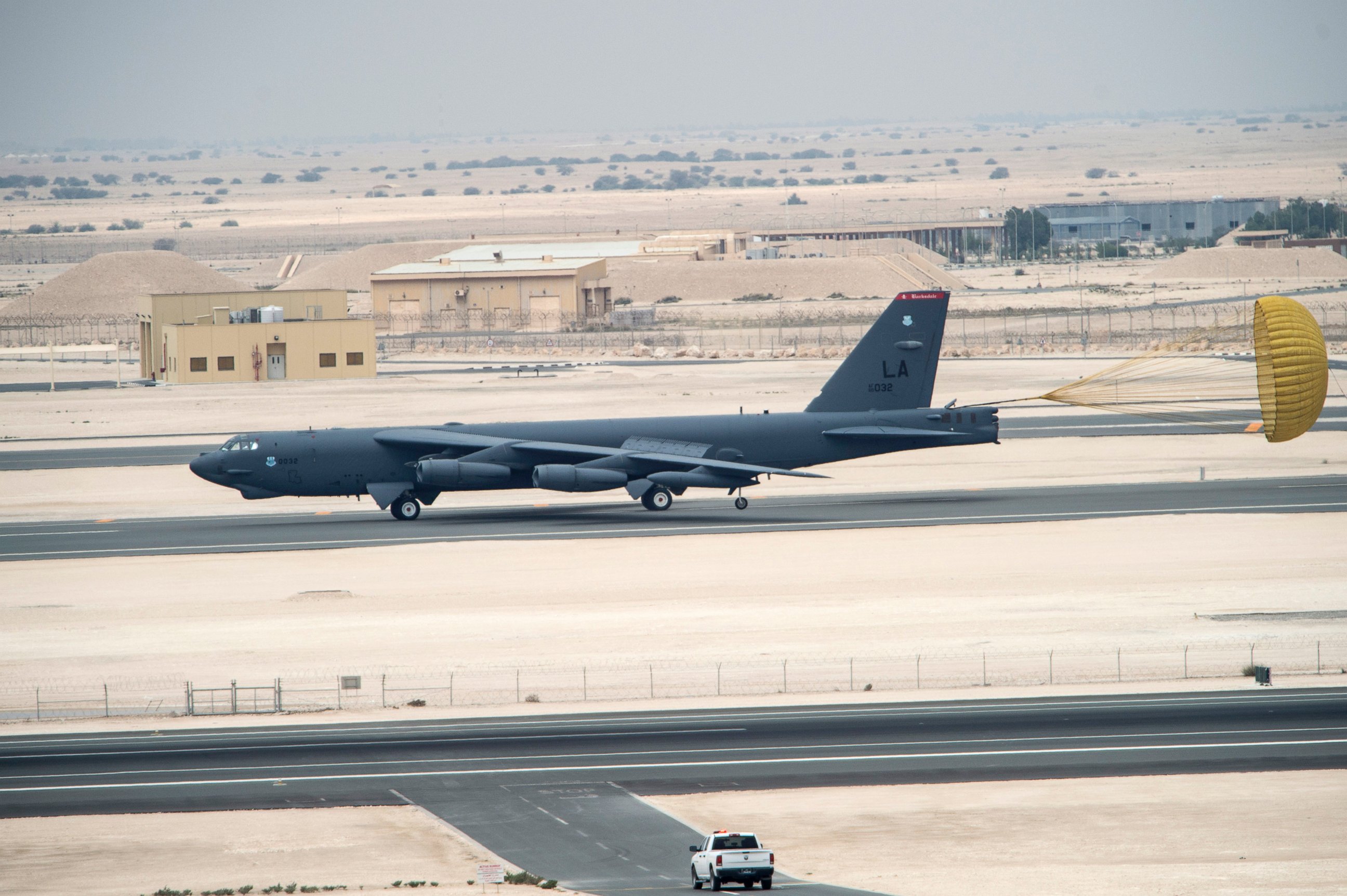What's at stake for the U.S. after Qatar hit with diplomatic crisis
Qatar is home to a major U.S. military base and 10,000 troops.
— -- Five Arab countries and the Maldives have severed ties with Qatar, suspending diplomatic relations and cutting off land, sea and air routes to the nation.
Bahrain, Egypt, Saudi Arabia, the United Arab Emirates and Yemen announced the decision on Monday, just weeks after President Trump's visit to Saudi Arabia where he addressed the leaders of fifty Muslim countries, including Qatar, calling for them to "drive out" Islamic extremists.
Already, major airlines like Emirates and Etihad Airways have suspended service to the small nation, which relies heavily on commerce with its Arab neighbors. While rich in oil, Qatar imports most of its food, with 40 percent coming from Saudi Arabia alone.
In an English translation of its website, Qatar's Ministry of Foreign Affairs called the decision "not justified" and based on "unfounded allegations."
The five Arab countries have long-complained about Qatar's relationship with Iran and support for regional terror groups including Hamas and the Muslim Brotherhood.
In March of 2014, Saudi Arabia, the United Arab Emirates and Bahrain recalled their ambassadors from Qatar after the country supported Egyptian President Mohammed Morsi, a member of the Muslim Brotherhood who was overthrown by the Egyptian military the year prior.
The diplomats returned later that year, but the rift between the Arab nations and Qatar never mended.
During a press conference Monday in Sydney beside U.S. Defense Secretary James Mattis and their Australian counterparts, U.S. Secretary of State Rex Tillerson offered U.S. support in brokering a solution between the feuding states.
"I think what we’re witnessing is a growing list of some irritants in the region that have been there for some time, and obviously they have now bubbled up to a level that some countries have decided they needed to take action in an effort to have those interests addressed," Tillerson said. "We'd certainly encourage those parties to sit down together and address these differences."
But Monday's move could prove challenging for the United States, which relies on many of these nations, including Qatar, in the global coalition against ISIS.
Qatar specifically is home to one of the largest U.S. military bases in the Middle East, Al Udeid Air Base, with about 9,000 U.S. and coalition service members deployed there and more than 100 aircraft. An aircraft takes off or lands at the base approximately every ten minutes, according to the Air Force.
The base is the forward headquarters for U.S. Air Forces Central Command and contains the 379th Air Expeditionary Wing and U.S. Combined Air Operations Center (CAOC). CAOC is the command and control for all U.S. and coalition air power in nearly two dozen countries, including Iraq, Syria, and Afghanistan.

Despite Monday's decision creating a large rift between some Arab coalition-members, Tillerson said he did not expect the decision to have any significant impact on the fight against terrorism.
In a statement, the U.S. Air Force told ABC News that U.S. military aircraft continue to conduct missions from Al Udeid Air Base "in support of ongoing operations across the region."

The Pentagon similarly expressed that U.S. military aircraft were continuing operations in Iraq, Syria and Afghanistan.
"The United States and the Coalition are grateful to the Qataris for their longstanding support of our presence and their enduring commitment to regional security. We have no plans to change our posture in Qatar," Major Adrian Rankine-Galloway, Pentagon spokesman, said in a statement. "We encourage all our partners in the region to reduce tensions and work towards common solutions that enable regional security."
ABC News' Luis Martinez contributed to this report.




